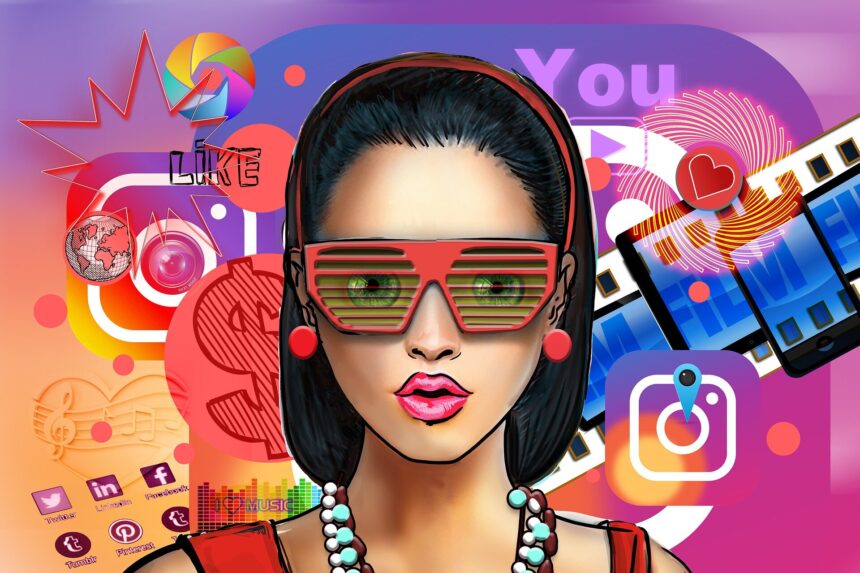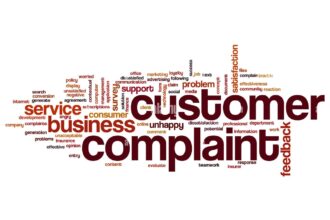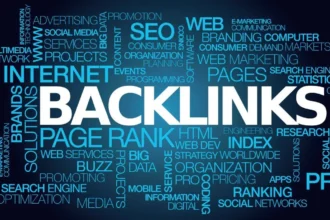The Dark Side of Influencer Marketing in Nigeria: Scams to Avoid in 2025
Influencer marketing has become very popular in Nigeria. Many brands and businesses use influencers on platforms like Instagram, TikTok, and Twitter to reach more customers. Influencers can help sell products, promote services, and grow brands fast.
But not everything about influencer marketing is good. There is a dark side that many people do not talk about. In 2025, scams and frauds are still common in Nigeria’s influencer industry. If you want to grow your business or become an influencer, you need to be careful. This article explains the scams to watch out for and how to avoid them.
Why Influencer Marketing Is Popular in Nigeria
Many Nigerian consumers trust influencers more than traditional ads. Influencers are seen as real people who share their honest opinions. This makes their followers more likely to buy products they recommend.
Businesses find influencer marketing affordable and effective. If you partner with the right influencer, your brand can reach thousands or millions of people quickly. That is why many brands want to work with influencers in Nigeria.
The Dark Side of Influencer Marketing in Nigeria
Unfortunately, some bad actors misuse influencer marketing. Here are some common scams and frauds to avoid in Nigeria’s influencer scene:
1. Fake Followers and Engagement
Some influencers buy fake followers or likes to look more popular. Fake followers do not buy anything or engage with your brand. When you pay an influencer with fake followers, your ads or promotions do not reach real customers.
2. Fake Endorsements and Fake Influencers
Some influencers pretend to promote a product they never used or never even received. They may take money to post a photo or video but do not deliver. This leads to wasted money for brands and disappointed customers.
3. Reposting and Content Theft
Some influencers steal content from other creators or repost images or videos without permission. They may falsely claim the content as theirs. This can damage your brand’s reputation if you work with such influencers.
4. Scamming for Upfront Payments
Many influencers demand large upfront payments but do not deliver. Some may disappear after getting paid or post spammy and irrelevant content. Always verify the influencer’s reputation before paying upfront.
5. Fake Reviews and Fake Testimonials
Some influencers post false reviews or reviews that are paid for but fake. They may pretend a product is the best even if they never used it. This can harm your brand’s credibility and lead to bad customer reviews.
6. Fake Giveaways and Contest Scams
Influencers often run giveaways to grow their followers. However, some scams fake the giveaway results or do not send prizes. These scams can damage your brand’s trustworthiness if you are associated with them.
Dont miss: The Role of Influencer Marketing in B2B
How to Protect Yourself from Influencer Scams in Nigeria
Here are some simple tips to avoid scams and ensure you work with honest influencers:
1. Check Their Followers and Engagement
Always look at the influencer’s followers. Are they real people? Use tools like Social Blade or IG Audit to verify if followers are genuine. Also, check their engagement rate — comments and likes should be real and relevant.
2. Review Past Work and Reputation
Ask for a portfolio of previous collaborations. Reach out to brands they have worked with before. Read reviews or feedback from other clients to know if they are trustworthy.
3. Avoid Large Upfront Payments
Negotiate payment terms. It is safer to pay a deposit and the balance after the delivery. Avoid paying everything upfront, especially if the influencer is unknown.
4. Use Contracts and Clear Agreements
Make sure you have a clear agreement that spells out what the influencer will do. Include details about the number of posts, stories, videos, timelines, and payment terms. A contract protects you from scams.
5. Verify Content Delivery
Request proof or drafts of posts before they go live. Check the content to ensure it meets your standards and matches what was agreed.
6. Stay Informed and Be Cautious
Stay updated about common influencer scams in Nigeria. Use trusted platforms and agencies when finding influencers. Avoid deals that look too good to be true.
Conclusion
Influencer marketing remains a powerful tool for Nigerian brands in 2025. However, the dark side of this industry includes scams like fake followers, fake endorsements, and fake giveaways.
To succeed, you must do your research and verify the authenticity of influencers before working with them. Use tools to check followers and engagement. Always have legal agreements in place. Never rush into paying large sums without proof of performance.
By staying cautious, you can avoid scams and benefit from genuine influencer collaborations. Influencer marketing can help you grow your brand, but only if you work with honest, trustworthy partners.
Stay safe, stay smart, and grow your business in Nigeria in 2025.
Image source: Phys.org/






